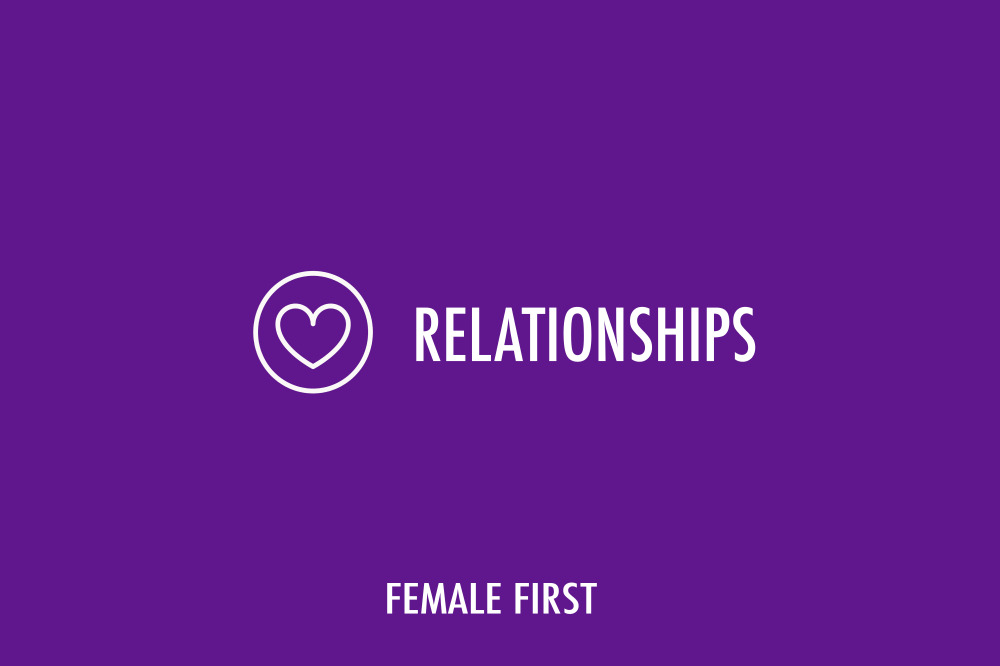I first heard the roar of a lion when I was about six. It was the same day I first saw elephants. I was too young to spell 'fear', so I felt none and smiled. I even laughed at the incredible sound and the sight of that huge maned lion as he turned to us and gave it everything he had. But it was probably the smell of the air, that petrichor, of rain on the Earth that made me fall in love.

Blood Moon: Rescuing the Rhino
That same feeling of intoxicating joy washes over me whenever we land at Great Plains Duba Plains camp, and the wild sage almost burns the rim of my nostrils. Or the confusing melody of a million wildebeest just over the horizon on their way to Mara Plains and Mara Nyika. Africa is the birthplace of humans, home, the place we are most at ease, where the rhythms just seem to resonate. It is why my wife Beverly and I first started researching wildlife and then turned to filming it for National Geographic, and ultimately why we started Great Plains Conservation, all to, quite simply, celebrate Earth. There is so much that nature can teach us in life so shouldn’t we in turn educate children about why wildlife and looking after the planet is so important? Without wildlife, we wouldn’t be able to breathe fresh air, swim in clean water, cool off in the shade under a tree or experience the incredible natural wonders of the world. We can all remember the liberating time, as kids, when we had the freedom to be outside all day, making stuff from sticks, catching tadpoles, and climbing trees. We were all explorers of some kind, we still are. As children, we explore, we discover, we get lost in our adventures, but we always return the wiser and more enlightened. Safaris with kids are much the same– a time to stimulate all the senses- although we try not to lose them!
We encourage the children and teens visiting Great Plains camps to learn from their guides about the vegetation and wildlife they see during the morning or evening game-drive, whether it is testing their newly acquired tracking skills or seeing creepy crawlies and nocturnal animals by moonlight or with a flashlight. Experiencing wildlife and learning first-hand in nature is so important for children to really understand and appreciate how incredible wildlife is. It is also important to teach how we can make a big difference to wildlife and nature at home by making very small changes. We should teach children that they can be the change as ultimately they are the future!
RELATED: 10 Things you should know before dating a wildlife enthusiast
Their enthusiasm can be time consuming- If they're waiting to capture an image or sight of a bird they've never seen before- they will stay there all day if needs be, so don't make plans for the evening after a day out at a sanctuary, reserve or park...


